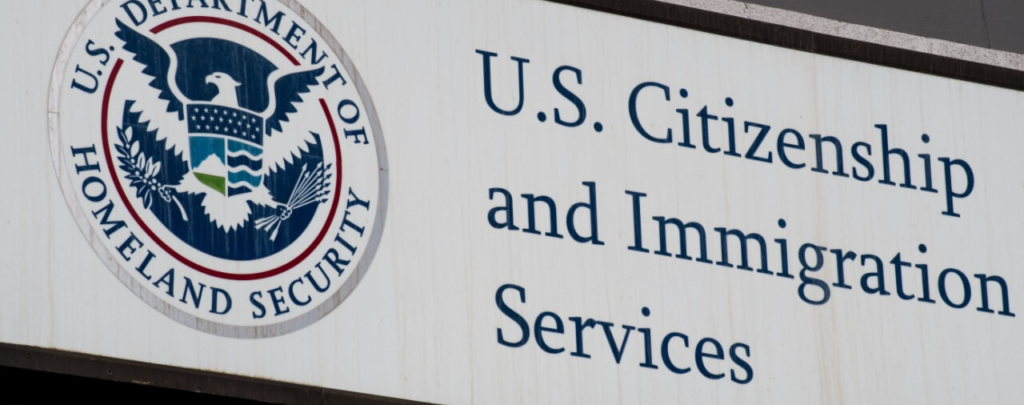On June 15, 2012, the Obama Administration announced a deferred action process for young aliens considered low enforcement priorities. This is effectively an expansion of prior efforts by the Obama Administration to focus on public safety, border security, and the integrity of the immigration system. The Department of Homeland Security (DHS) has concentrated its limited resources on the removal of aliens that pose a danger to national security or a risk to public safety, including aliens who have been convicted of crimes, with particular emphasis on violent criminals, felons, and repeat offenders. At the same time, DHS has determined it will exercise prosecutorial discretion when dealing with low priority cases such as aliens who were brought into the United States as children and who have not been convicted of a felony offense, a significant misdemeanor offense, or multiple misdemeanor offenses.
To be eligible for deferred action, an alien must establish through verifiable documentation that he or she:
1. Came to the United States while under sixteen (16) years of age;
2. Has continuously resided in the United States for at least five (5) years preceding June 15, 2012 and was present in the United States on June 15, 2012;
3. Currently attending school, has graduated from high school, has obtained a general education development certificate (GED), or is an honorably discharged veteran of the United States Coast Guard or Armed Forces;
4. Has not been convicted of a felony offense, a significant misdemeanor offense, multiple misdemeanor offenses, or otherwise poses a threat to national security or public safety; and
5. Not be above thirty (30) years of age.
An alien who demonstrates that he or she meets the criteria will be eligible to receive deferred action for a period of two years, subject to renewal. Each request will be considered on a case-by-case basis. An alien who is subject to a final order of removal is also eligible for a grant of deferred action assuming he or she can satisfy the criteria set forth above. Deferred action is a discretionary decision made by the Bureau of U.S. Citizenship & Immigration Services (USCIS) or Immigration & Customs Enforcement (ICE) to defer removal of an alien.
An alien granted deferred action will not accrue unlawful presence during the period of deferred action, but deferred action does not forgive any previous or subsequent periods of unlawful presence an individual may or has accrued. In addition to not being removed from the United States, an alien granted deferred action may be eligible to receive employment authorization for the period of deferred action provided he or she can demonstrate economic necessity.
This deferred action policy is not in effect yet. Requests for deferred action should not be filed with USCIS and/or DHS at this time. Any requests filed at this time will be rejected. USCIS has been given sixty (60) days to create a process for accepting requests for deferred action. You can get more information at www.uscis.gov [link] or by calling the ICE hotline at 1-888-351-4024 between the hours of 9A.M. to 5P.M. You can also check back here for future updates on the deferred action program.
While deferred action can be beneficial for some aliens, it is important to remember that deferred action does not confer lawful status upon an alien and can be terminated at any time at DHS’s discretion. Only Congress, through the enactment of legislation, can create a path to lawful permanent residence status or citizenship. Deferred action does not provide a permanent solution to young aliens present in the United States without lawful status. As such, it is important to discuss your unique facts with an experienced immigration attorney prior to applying for deferred action.





